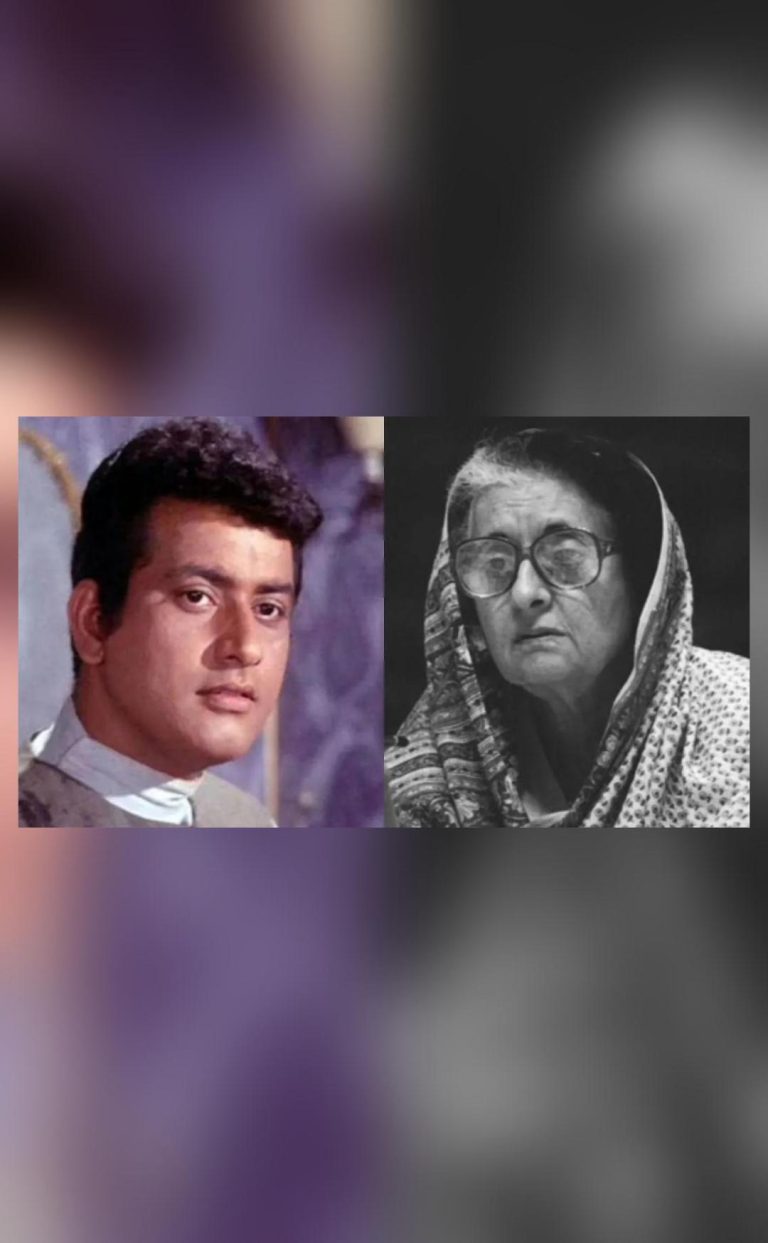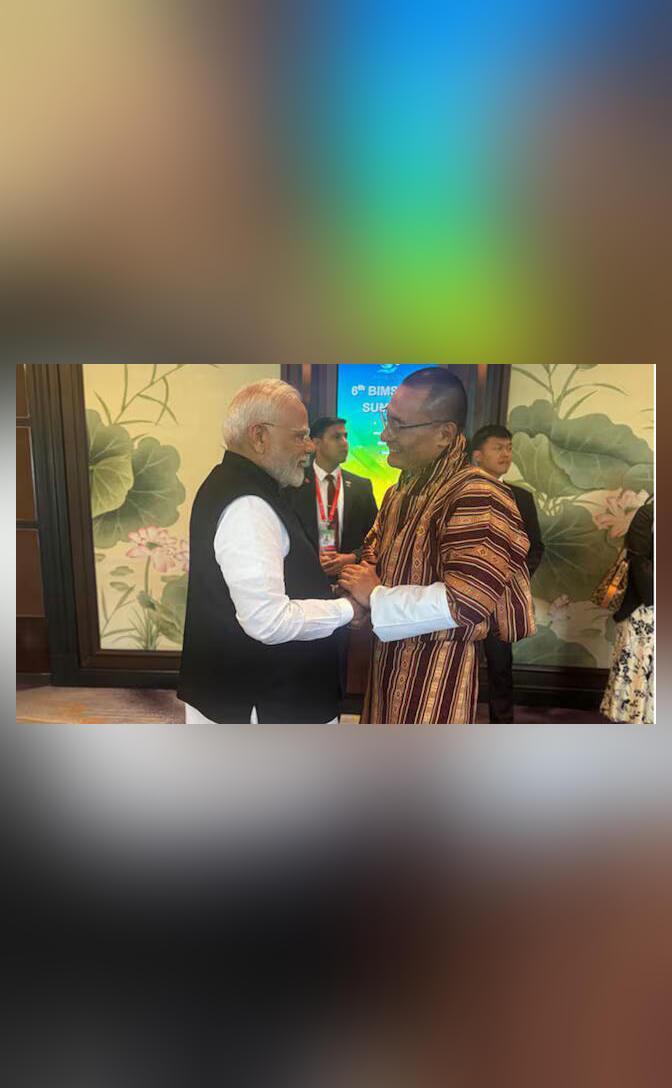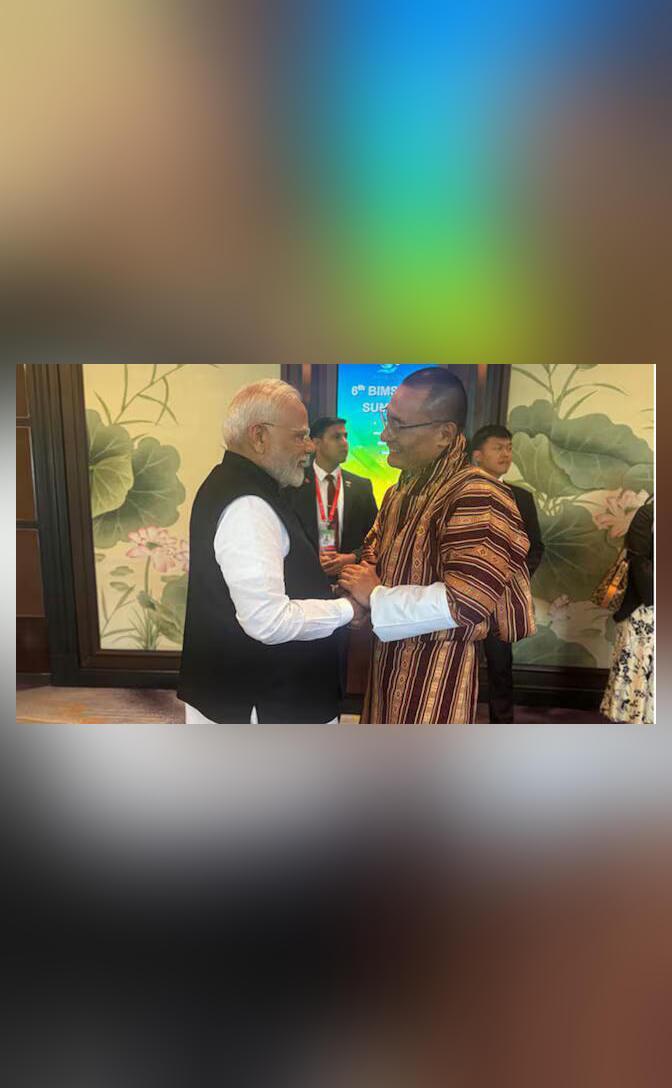
Sonam’s brother-in-law’s NGO got ₹6.6-cr USAID funds to ease migrant workers’ loneliness
In a shocking revelation, it has come to light that an NGO linked to Sonam Kapoor’s brother-in-law, Anant Ahuja, received a grant of $750,000 (approximately ₹6.6 crore) from the United States’ overseas aid agency, USAID. The grant was allegedly awarded to alleviate loneliness among migrant garment workers in India.
The revelation was made during a hearing on USAID funding by the US House Oversight Committee, where Republican Representative Nancy Mace claimed that the grant was issued to Anant Ahuja’s NGO to address the issue of loneliness among migrant workers in the country. The hearing was conducted to scrutinize the funding given by USAID, which has been criticized for its lack of transparency and accountability.
While the exact details of the grant and the NGO’s work are still unclear, the news has sparked a heated debate about the allocation of funds by USAID and the role of NGOs in addressing social issues. It has also raised questions about the transparency and accountability of the grant-making process.
For those who may not be aware, USAID is a US government agency responsible for providing foreign aid to developing countries. It was established in 1961 and has been instrumental in providing humanitarian assistance and promoting economic development around the world. However, the agency has faced criticism in recent years over its lack of transparency and accountability, with some critics arguing that it has been too focused on military and strategic interests rather than addressing the needs of the people it is supposed to be helping.
The grant to Anant Ahuja’s NGO is just the latest example of USAID’s questionable allocation of funds. In recent years, the agency has come under fire for providing millions of dollars in aid to countries with questionable human rights records, such as Egypt and Saudi Arabia.
The grant to Anant Ahuja’s NGO is also raising questions about the role of NGOs in addressing social issues. While NGOs are often seen as a vital part of the development process, providing vital services and support to marginalized communities, there are concerns that some NGOs may be more interested in advancing their own agendas than in truly helping those in need.
In the case of Anant Ahuja’s NGO, it is unclear what specific services or programs the grant will be used to fund. However, it is worth noting that the issue of loneliness among migrant workers is a pressing one in India, where millions of workers migrate to urban areas in search of work and a better life. Many of these workers are forced to live in cramped and unsanitary conditions, away from their families and friends, and struggle to access basic services and support.
The grant to Anant Ahuja’s NGO may be seen as a positive development in this regard, as it could potentially provide vital support to these workers and help to alleviate their loneliness. However, the lack of transparency and accountability surrounding the grant and the NGO’s work raises questions about the effectiveness and impact of the grant.
In conclusion, the news that Anant Ahuja’s NGO received a grant of $750,000 from USAID to alleviate loneliness among migrant workers in India is a complex and controversial issue. While it may be seen as a positive development in some ways, it also raises important questions about the transparency and accountability of USAID’s grant-making process and the role of NGOs in addressing social issues.
It is clear that more information is needed about the grant and the NGO’s work in order to fully understand the impact and effectiveness of the grant. Additionally, it is crucial that USAID and other aid agencies prioritize transparency and accountability in their grant-making processes, in order to ensure that aid is being used effectively and efficiently to address the needs of those in need.






